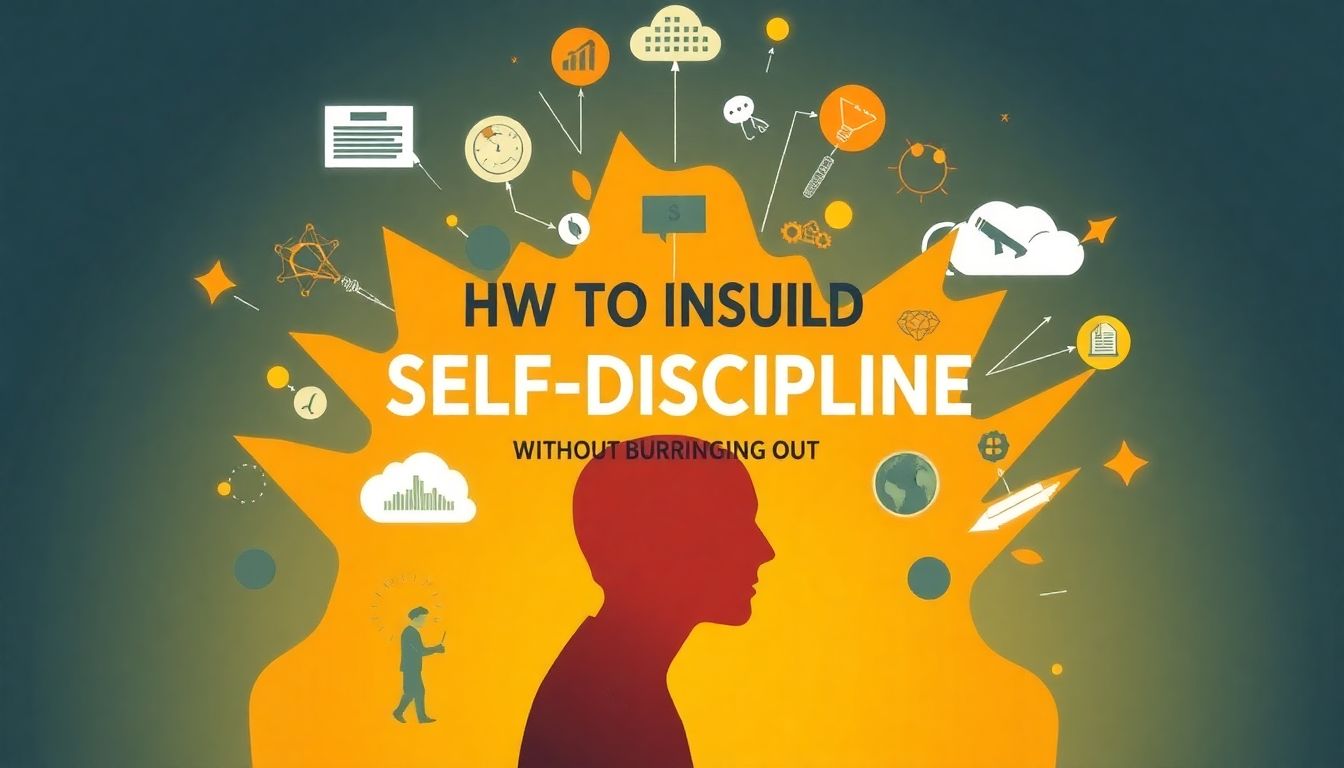Discipline is often praised as the secret to success. But in practice, it can feel rigid, exhausting, and even overwhelming—especially when it’s tied to unrealistic standards or constant pressure.
The truth is, real self-discipline doesn’t mean pushing yourself to the limit every day. It means creating habits and systems that support your growth without sacrificing your well-being. It’s not about being perfect—it’s about being consistent with kindness.
Here’s how to develop self-discipline in your career (and life) without falling into the burnout trap.
Understand What Discipline Really Means
Discipline is not about punishing yourself or powering through exhaustion. True discipline is the ability to stay committed to your values, goals, and priorities—even when you don’t feel motivated.
It’s:
- Choosing long-term alignment over short-term comfort
- Showing up for yourself, even in small ways
- Creating routines that support—not suffocate—you
When discipline is rooted in self-awareness and self-respect, it becomes a source of empowerment.
Know Your “Why”
Without a meaningful reason behind your goals, discipline feels like pressure. With a clear “why,” discipline becomes purpose-driven.
Ask yourself:
- Why does this matter to me?
- What kind of person am I becoming through this habit or action?
- How does this connect to my long-term vision?
Your “why” will carry you through low-energy days and moments of doubt.
Start Small and Build Momentum
One of the biggest mistakes with discipline is trying to overhaul everything at once. That usually leads to frustration or burnout.
Instead, choose one small habit to begin:
- Ten minutes of focused work before checking your phone
- Writing down three priorities for the day
- Reading one page of a book related to your field
- Saying “no” to one non-essential commitment
Small wins build confidence—and consistency compounds over time.
Make It Easy to Succeed
Discipline isn’t just about willpower. It’s about environment and systems.
Set yourself up for success by:
- Removing distractions from your workspace
- Planning your week in advance
- Setting reminders or visual cues
- Using apps or tools that keep you on track
The easier you make it to follow through, the more likely you are to keep going.
Track Progress With Self-Compassion
Tracking your habits can boost accountability—but it’s important to do it without judgment.
Try asking weekly:
- What did I do well?
- What made it hard to stay consistent?
- What can I adjust to make it easier next time?
Progress isn’t linear. Life happens. The goal isn’t perfection—it’s persistence.
Don’t Confuse Discipline With Hustle
Discipline means focused intention. Hustle culture, on the other hand, often promotes overwork, guilt, and self-worth tied to productivity.
You can be disciplined and rest. You can be focused and flexible. You can pursue excellence without constant pressure.
True discipline includes knowing when to pause.
Use Energy, Not Just Time, as Your Guide
You might have 8 hours to work, but if you’re drained, they won’t be productive.
Build your discipline around your natural energy flow:
- Identify your peak focus hours
- Take regular breaks to reset
- Use movement, hydration, or mindfulness to recharge
Discipline without energy awareness often leads to diminishing returns.
Celebrate Commitment, Not Just Results
It’s easy to feel discouraged when you don’t see immediate results. But staying consistent—even when it’s hard—is something to celebrate.
Try saying:
- “I’m proud that I showed up today.”
- “I chose alignment over comfort.”
- “I’m building something, even if I can’t see it all yet.”
Your effort matters more than a perfect streak.
Let Discipline Serve You—Not Control You
The purpose of discipline isn’t to restrict your life. It’s to support your growth, dreams, and potential.
If your habits start to feel heavy or harsh, it’s time to reevaluate. Ask:
- Is this still serving me?
- What do I need to adjust for more balance?
- Am I being kind to myself in this process?
Discipline and self-compassion can—and should—coexist.
Build a Career You Can Sustain
Discipline helps you show up consistently, push past resistance, and make real progress. But it’s only powerful when it’s paired with self-awareness and care.
You don’t need to grind yourself into the ground to succeed. You just need to commit to your growth, one intentional choice at a time.
So build your discipline slowly. Build it kindly. And build it to last.
